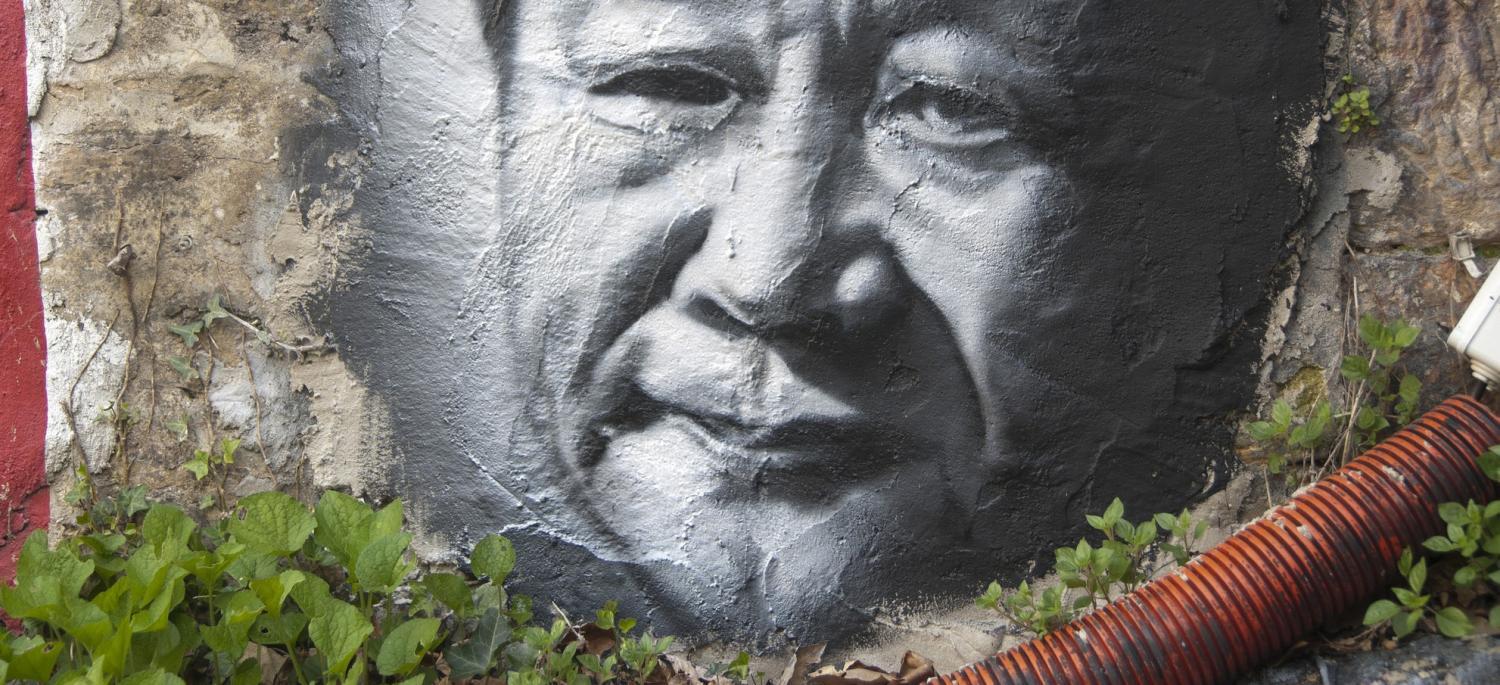China’s official state mouthpiece, the Xinhua news agency, last month declared 'Enlightened Chinese Democracy Puts the West In the Shade.' While Xinhua maintains the fiction that the Chinese Communist Party (CCP) and its 89 million members represent the majority of the people, it also 'consulted with eight other non-Communist parties and prominent figures without party affiliation' in the lead up to the Party’s 19th Congress.
'This well-established practice of institutional consultation,' the news agency proclaimed, 'is just one of the ways the CCP ensures the democratic nature of decision-making.' Xinhua gleefully concluded that China’s recent successes contrasted with the rise of disillusionment and many other problems in Western democracies.
A much underestimated and misunderstood part of this ‘democracy’, as the CCP defines it, results from the system controlled by the Party's United Front Work Department (UFWD). This complex set of institutions and organisations act as key elements of surveillance and political influence, but also as means of consultation with and representation of those outside the Party. This system is an important reason the CCP’s control is so effective and regarded as legitimate, and why the dramatic social and economic changes since the late-1980s have been integrated smoothly, especially after the disruptions of May-June 1989.
One reason united front work and its key body, the Chinese People’s Political Consultative Conference (CPPCC), is underappreciated or dismissed as a decorative, is that there is little public acknowledgement of its influence. The CCP takes credit overall. Significantly, Xi Jinping has made himself head of a United Front Small Leading Group since 2015, adding to his ‘Chairman of Everything’ list of titles.
Today the system of united front work is more expansive than ever, incorporating important new social interest groups, neutralising potential trouble makers, soliciting advice from experts and having key representatives model their support for the CCP to others in their constituencies. As lawyers became more important with the rise of a new legal system, and some activists embarrassed the Party-state about human rights, they also became a special target of united front work in order to neutralise their apparent anti-state tendencies. Social media celebrities have also recently been made special targets of UFWD co-optation and this is one reason for their decline. Cooperation, for many, becomes more attractive than becoming targets of official lawfare or other forms of retaliation.
Outside China, the role of the UFWD among Chinese overseas is arousing much more concern and controversy. In Australia, an ABC Four Corners/Fairfax Media investigation covered apparent united front work targeting Australian politicians and Australia’s overseas Chinese communities, cases subsequently alluded to by the Australian Security Intelligence Organisation in a major report. In New Zealand, Anne-Marie Brady documented in detail extensive Chinese political influence and united front ties, work which implicates Member of Parliament Jian Yang as having connections to Chinese intelligence services. A report in the Financial Times quoting a UFWD handbook said the UFWD had claimed successes in getting favoured candidates into elected positions in Canada.
There was also media coverage in Australia of a number of unrelated incidents of Chinese students upset about faux pas by university lecturers, including use of allegedly wrong maps or treating Hong Kong and Taiwan as independent nations. These incidents were treated in some reports as reflecting an upsurge in Chinese interference. Much harder to prove is the extent to which organisations such as the Chinese Students and Scholars Associations are monitoring Chinese students in Australia as the emphasis within China on ideological unity intensifies and dissent is increasingly stamped out.
Against this background of an increasing international profile, one notable feature of the 19th Congress was the 21 October press conference on 'united front work and the external work' of the Party, attended by the UFWD’s Executive Vice-Ministers Zhang Yijiong, Ran Wanxiang, and Guo Yezhou of its International Department. In Australia, a key aspect of this press confererence was reported as 'United Front boss tells Chinese in Australia to respect the law'. This injunction neatly sidestepped the key issue of increasing UFWD activity in Australia; the same report also made clear that 'overseas Chinese were "all sons and daughters of the Chinese nation bounded by Chinese blood" and United Front worked to support them.'
It is precisely this increasing tendency of the CCP to feel entitled, obliged even, to extend a form of extraterritoriality to all overseas Chinese, but especially all those who have emigrated or left since 1978 that worries a growing number of people, from intelligence agencies to universities. Most importantly, many overseas Chinese now have reason to feel that even outside China, the eyes and arms of the Party state are potentially all around them and so the need to toe the Party’s positions remains. Even places such as Australia may well seem far less free.
However, surveillance is, as already pointed out, only one aspect of united front work. The Chinese Students Associations on campus also serve useful roles where students can find help and a voice. In a country that promotes multiculturalism, the numerous Chinese associations for business, hometown or province, business and professional groups, not to mention cultural and religious ones, have legitimate interests. Such groups are asked their opinions and selected leaders rewarded with promotion to the CPPCC and other united front bodies doing work with overseas Chinese. Nevertheless, these organisations are also targets of united front efforts to win over Australian Chinese to Party-state positions, and to neutralise opposition. Others, such as the Australian Council for the Peaceful Reunification of China, are directly linked to the UFWD, working to achieve Party goals - in this case, isolating Taiwan as much as possible.
The extent of CCP influence via united front work abroad has long been seriously underestimated. Yet the fact UFWD leaders even held a press conference probably reflects a concern about influencing the discussion about themselves, as well as growing confidence in China’s ability to project influence abroad. The UFWD's growing confidence is mirrored by a deepening dilemma for governments like Australia's.

